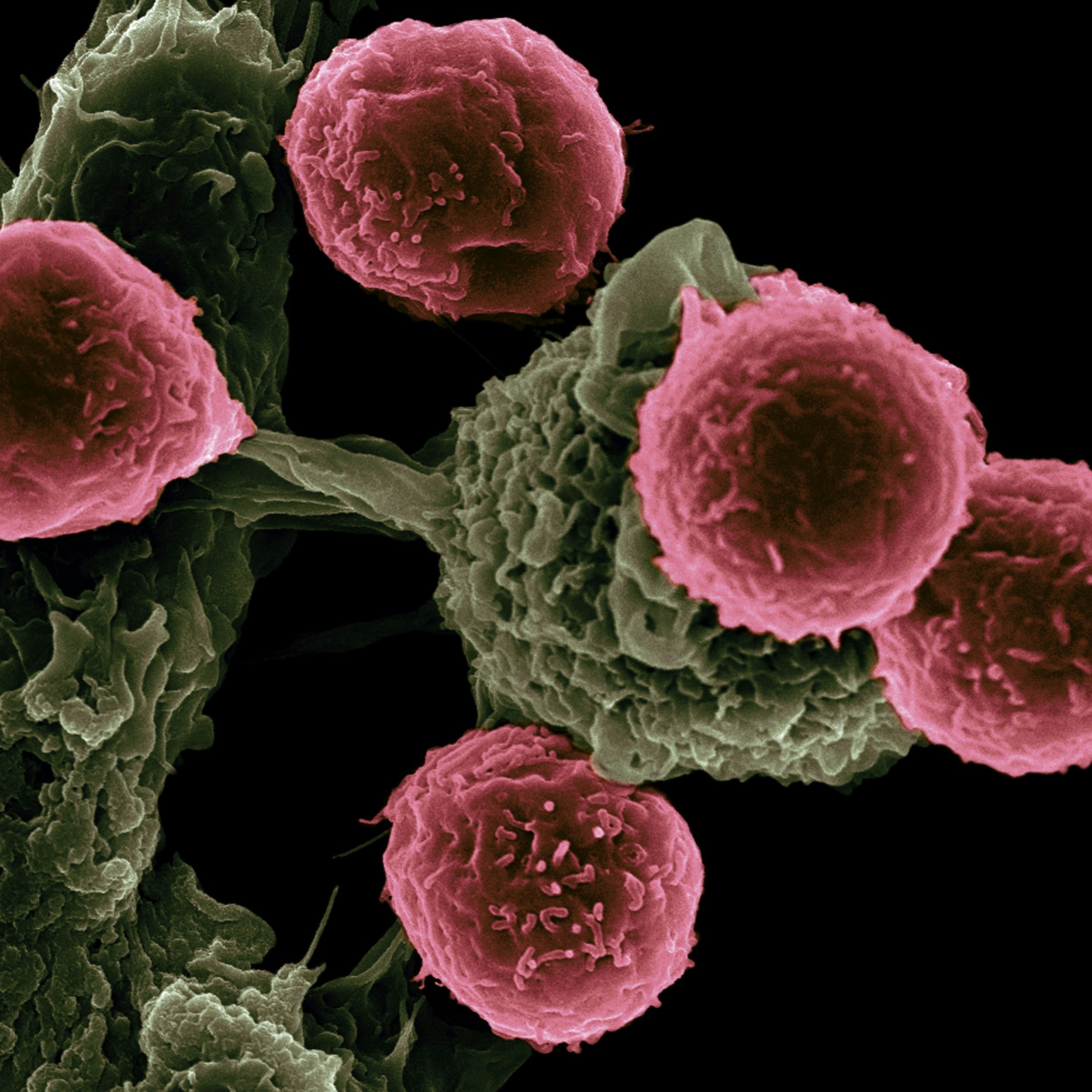
OUr Therapeutic development Pipeline
Non-small cell lung cancer (NSCLC), which accounts for approximately 85% of all lung cancer cases, is the most common subtype of the disease. Individuals at greatest risk include long-term smokers and residents of high-pollution urban areas like metro city centers. The 5-year survival rate for localized NSCLC is around 65%, but this drops significantly for advanced stages, with stage IV (metastatic) NSCLC having a survival rate drop down to below 5%. This stark decline underscores the critical need for innovative therapeutics to improve outcomes for patients with late-stage disease. Current treatments, including surgery, chemotherapy, radiation, and immunotherapy, face challenges such as chemotherapy resistance and tumor resurgence. Advances in targeted therapies and immunotherapies are essential to address the aggressive nature of advanced NSCLC and improve survival rates, while also alleviating the substantial economic burdens imposed by the disease, including medical costs, lost productivity, and caregiving responsibilities.
